
The Anti-Federalist Papers
'The Anti-Federalist Papers' Summary
Between the first proposals of a federal Constitution in 1787 and the document’s 1789 ratification, an intense debate raged among the nation's founding fathers. The Federalist Papers — authored by James Madison, Alexander Hamilton, and John Jay — favoured the adoption of the Constitution, but other early statesmen opposed its ratification. The latter group, writing under pseudonyms, amassed a substantial number of influential essays, speeches, and letters that warned of the dangers inherent in a powerful central government.
Although never collected in as definitive a form as The Federalist Papers, these statements of opposition appeared in various publications and eventually became known as The Anti-Federalist Papers. Some of their arguments were incorporated into the first ten amendments to the Constitution — the Bill of Rights — but others remained unaddressed. The persuasive and well-argued statements encompassed by this volume continue to provide a valuable and timely perspective on the necessary limits of power.
Book Details
Language
EnglishOriginal Language
EnglishPublished In
Authors
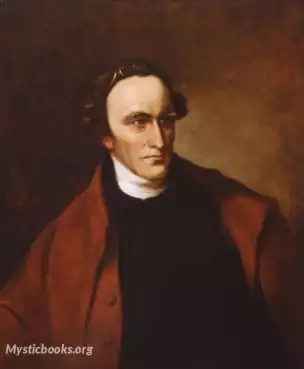
Patrick Henry
America
Patrick Henry was an American attorney, planter, politician, and orator best known for his declaration to the Second Virginia Convention (1775): "Give me liberty, or give me death!" A Founding Father,...
Books by Patrick HenryDownload eBooks
Listen/Download Audiobook
- Select Speed
Related books
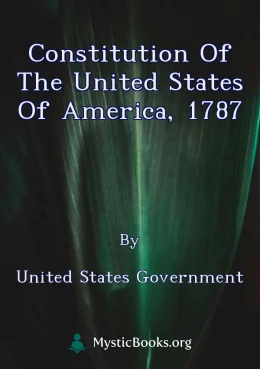
Constitution of the United States of America, 1787 by United States Government
This 1787 document defines the rights and responsibilities of federal government of the United States of America.
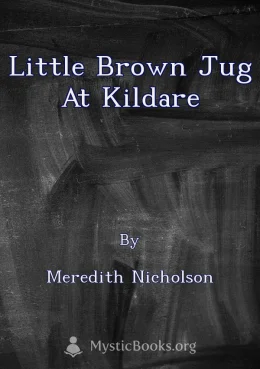
Little Brown Jug at Kildare by Meredith Nicholson
This book follows the story of two men who set out on their own journeys in search of adventure and romance. However, they soon find themselves drawn...
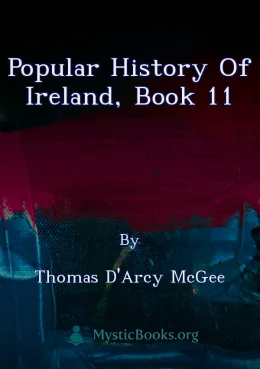
Popular History of Ireland, Book 11 by Thomas D'Arcy McGee
Thomas D'Arcy McGee's 'Popular History of Ireland, Book 11' delves into the turbulent 18th century in Ireland, focusing on the reigns of the Hanoveria...
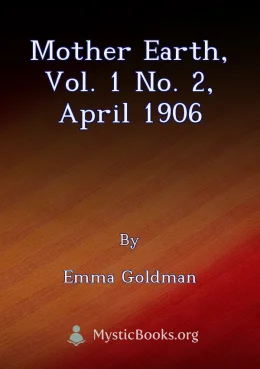
Mother Earth, Vol. 1 No. 2, April 1906 by Emma Goldman
Mother Earth, Vol. 1 No. 2, April 1906, is a landmark issue of the anarchist journal founded by Emma Goldman. This edition features a diverse range o...
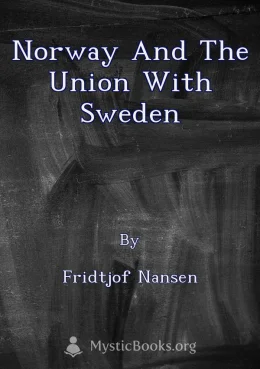
Norway and the Union with Sweden by Fridtjof Nansen
This book, 'Norway and the Union with Sweden' by Fridtjof Nansen, delves into the complex political landscape of Norway's union with Sweden during the...
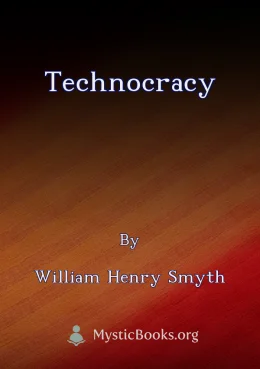
Technocracy by William Henry Smyth
William Henry Smyth's "Technocracy" explores the concept of a government run by technical experts. The book examines the potential benefits and drawba...
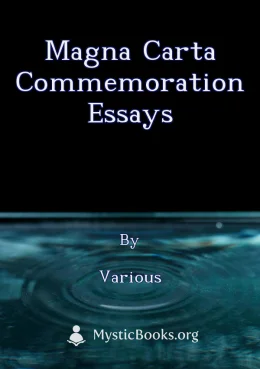
Magna Carta Commemoration Essays by Various
This book is a collection of essays written by distinguished academics to commemorate the 700th anniversary of the Magna Carta. The essays explore var...
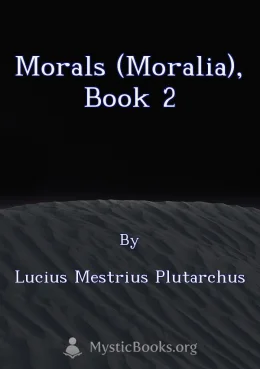
Morals (Moralia), Book 2 by Lucius Mestrius Plutarchus
The *Moralia* is a collection of 78 essays and speeches by the 1st-century Greek writer Plutarch. These works offer insights into Roman and Greek life...
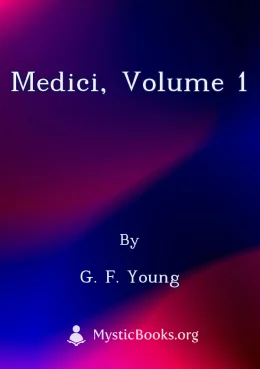
Medici, Volume 1 by G. F. Young
This book is a comprehensive history of the Medici family, one of the most powerful and influential families in European history. It traces the family...
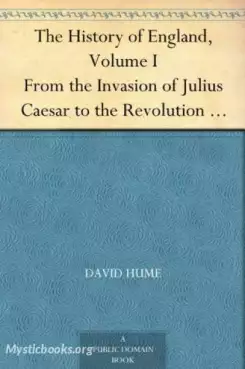
History of England from the Invasion of Julius Caesar to the Revolution of 1688, Volume 1E by David Hume
This is Volume 1E which covers the reign of Charles I and the Commonwealth. The History of England is David Hume's great work on the history of Engl...
Reviews for The Anti-Federalist Papers
No reviews posted or approved, yet...